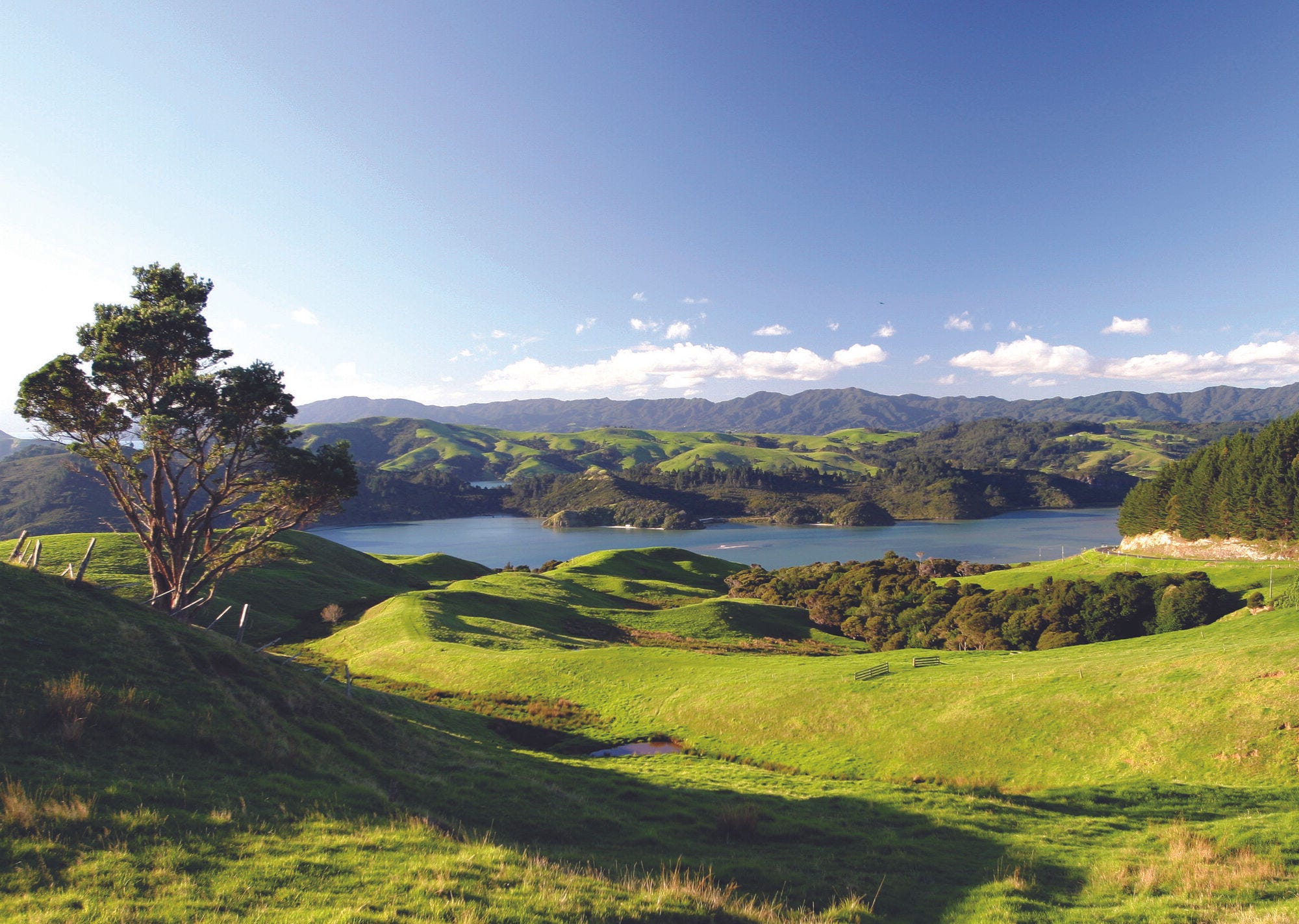This country profile features selected environmental indicators from the OECD Core Set, building on harmonised datasets available on OECD Data Explorer. The indicators reflect major environmental issues, including climate, air quality, freshwater resources, waste and the circular economy, and biodiversity. Differences with national data sources can occur due to delays in data treatment and publication, or due to different national definitions and measurement methods. The OECD is working with countries and other international organisations to further improve the indicators and the underlying data.
Environment at a Glance Indicators

Switzerland
Copy link to SwitzerlandContext
Copy link to ContextSwitzerland has a small open economy, where living standards remain high. Its population is healthier than in many countries and is well educated. This contributes to high employment rates and narrow wage differentials. As a small open economy, Switzerland has benefited from the flow of ideas, people and capital. It boasts world-class industries and attracts international talent.
A mountainous, small, landlocked country at the centre of the Alpine arc, Switzerland is known as the water tower of Europe for its significant water resources. It also has a rich variety of natural and cultural landscapes, which contribute to the reputation of Swiss tourism and, consequently, to economic development. Population density is high, particularly on the Swiss Plateau.
Switzerland’s climate is temperate but can vary across regions, ranging from glacial freeze and frequent cold spells on the mountain tops to an almost Mediterranean climate at the southern tip. Precipitation is spread evenly throughout the seasons, with little variations.
Rising income and consumption result in higher waste generation, but much of the Swiss environmental impact is estimated to be embodied in the import of goods and services. Switzerland is poorly endowed with mineral ores and energy resources.